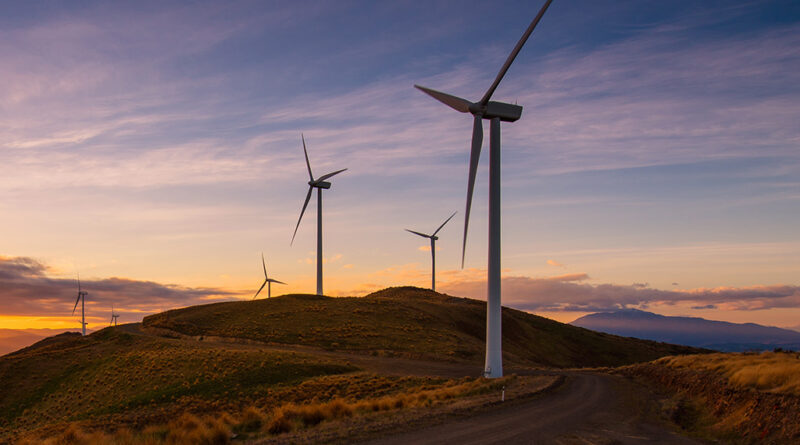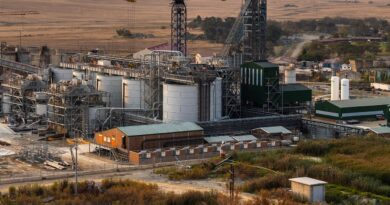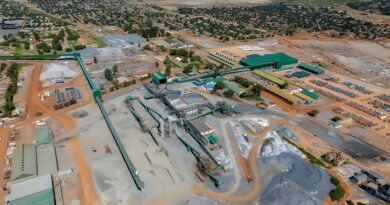Anglo SA operations partners with EDF for 100% renewable energy supply
Anglo American has signed a Memorandum of Understanding with EDF Renewables, a global leader in renewable energy, to work together towards developing a regional renewable energy ecosystem
(RREE) in South Africa. The ecosystem is expected to be designed to meet Anglo American’s operational electricity requirements in South Africa through the supply of 100% renewable electricity by 2030, thereby also supporting the resilience of the local electricity supply systems and the wider decarbonisation of energy in the country.
Anglo American has already secured 100% renewable electricity supply for all its operations in South America, resulting in 56% of our global grid supply expected to be sourced from renewables by 2023. In South Africa, while there is an abundance of renewable energy sources such as wind and solar, there is limited renewables infrastructure to harness it. As Anglo American progresses towards its 2040 target of carbon neutral operations, this partnership with EDF Renewables is designed to abate the largest single source of its Scope 2 emissions, being its current grid supply in South Africa. The RREE aims to support South Africa’s decarbonisation ambitions and the country’s Just Energy Transition, creating a sustainable and inclusive future.
The RREE will draw on South Africa’s natural renewable energy potential to develop a network of on-site and off-site solar and wind farms, amongst other opportunities, offering 24/7 renewable energy to Anglo American’s operations. Anglo American anticipates that a number of partners will provide equity financing for the RREE, in addition to the RREE attracting debt financing that is typical for high quality energy infrastructure projects.
The partnership is expected to bring a host of benefits to South Africa and the region, including:
- Implementing 3-5 GW of renewable electricity (solar and wind) and storage over the next decade, thereby increasing total grid supply resilience;
- supporting the decarbonisation initiatives of governments across Southern Africa; and
- stimulating the development of new economic sectors, local production and supply chains.




